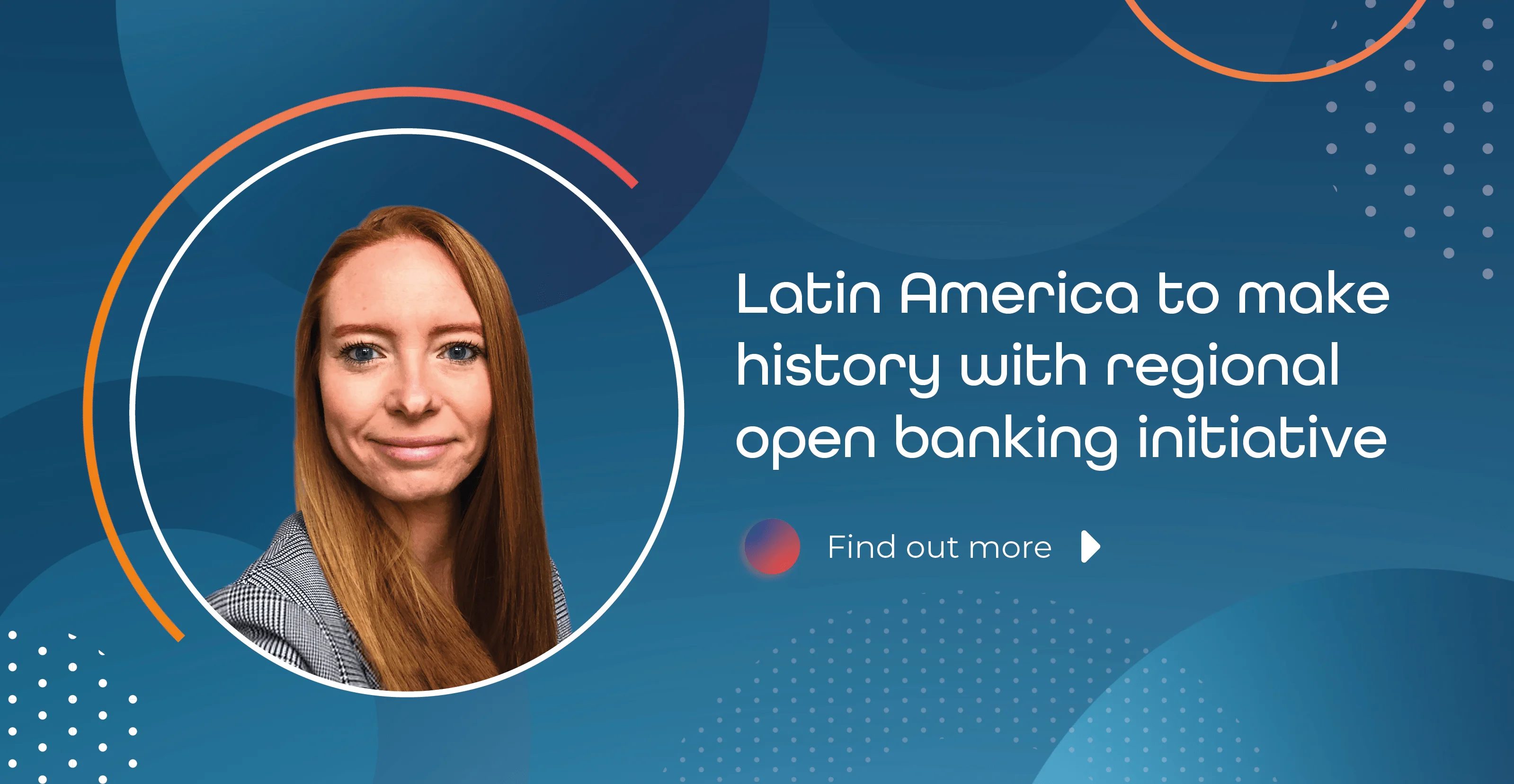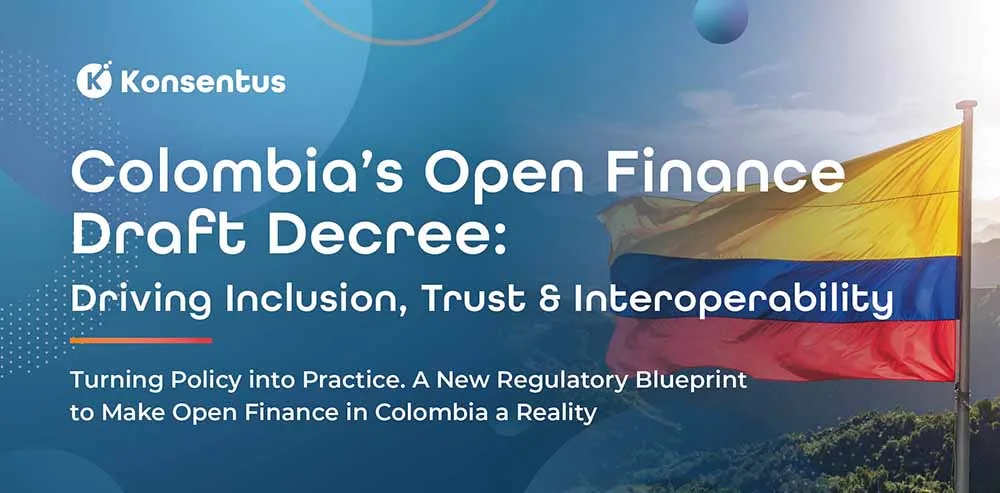The joint proposal will be delivered to the fintech associations’ respective regulators to provide key information on open finance to promote the establishment of a common standard in the countries and to develop a competitive, secure, innovative, homogeneous and inclusive fintech ecosystem.
The document discusses the current situation of these initiatives in Latin America in addition to guidelines and specifications to develop the regulation. It compares this against the global best practice of countries that have already implemented an open finance system.
The Pacific Alliance is an initiative of regional integration comprising Chile, Colombia, Mexico and Peru, officially established in 2011. Its objectives are:
- Build in a participatory and consensual way an area of deep integration to move progressively towards the free mobility of goods, services, resources and people.
- Drive further growth, development and competitiveness of the economies of its members, focused on achieving greater well-being, overcoming socioeconomic inequality and promoting the social inclusion of its inhabitants.
- Become a platform of political articulation, economic and commercial integration and projection to the world, with emphasis on the Asia-Pacific region.
Gabriel Santos, president of Colombia Fintech, announced that after several months of work they managed to agree “four fintech ecosystems (Colombia, Mexico, Peru and Chile) to propose common open finance rules”.
Whilst much of the detail is still to be worked through, the launch signals an intent that seems to be a growing trend across many markets. The European Economic Area (EEA) was the first territory to implement regional open banking. However, the EEA is a continuous and harmonised regulatory and legislative landscape. The Pacific Alliance will mark the first region, that does not have this foundation, that is looking to potentially implement a regional open banking initiative.
Why regional open banking?
The fintech associations see considerable value in driving regional interoperability through open finance. By creating a regional open banking standard, fintechs can scale their services across multiple markets with a faster time to market when it comes to developing innovative solutions for the benefit of consumers. It will reduce friction when working between jurisdictions. This means that a company that is based in Colombia, Peru, Mexico or Chile will easily be able to operate in any of the other jurisdictions.
This legal and regulatory certainty will allow fintechs to attract investments and expand services at a regional level.
By enhancing supra-national use cases, such as cross-border payments, they can streamline costs, reduce transfer expenses, reduce the number of intermediaries involved and enhance customer experience by simplifying KYC processes.
What is the vision?
Their vision is a future where consumers can access financial services in a more comprehensive and affordable way, no matter which country of the Pacific Alliance they are in. With a common standard, financial institutions and service providers will be able to exchange data and operate processes safely and efficiently which will foster competition and innovation in the region.
This will be achieved via the promotion of a set of rules, protocols and common technical specifications, which will allow the secure and efficient exchange of data between different financial entities and service providers across Mexico, Colombia, Chile and Peru.
Are there any design principles yet?
The group will leverage the Financial-grade API (FAPI) and will use OAuth 2.0 and OpenID Connect (OIDC) as a base to define technical requirements for the financial sector and other sectors that require greater security of APIs.
It is expected that the API specifications will allow for read and write access and will include data such as ATMs and branches. The group advocates the OpenID Connect protocol to allow third parties to authenticate users who want to access their bank accounts.
Where possible, the alliance wishes to deploy hub-type models for standardisation and administration of regulatory APIs, turning these infrastructures into allies of financial entities and ecosystem participants, to create efficient, modern and inclusive banking solutions.
The deployment of a regional open finance infrastructure sandbox is also being advised. This would enable actors with a regional vision to test their solutions in a supranational framework, enabling speed of implementation, scale and continuous improvement.
What next?
To ensure a successful implementation, the proposal recommends establishing a clear and updated regulatory framework fostering collaboration between regulators and the industry. This would minimise the cost of access to information, prioritising security and privacy, and promote competition, innovation, communication and financial education among users.
Each national authority will assess the proposal and ascertain how they want to proceed.
Implementing a regional open banking initiative is complex and requires the expertise of managing multiple jurisdictions and national entities. Open Banking Exchange (OBE) has extensive experience in ensuring regulation that spans multiple markets can be operationally effective cross-border.
Take for example PSD2 regulation in Europe. Over the last five years, we have successfully worked across 31 markets and 5 different API standards (discounting those created by individual financial institutions) to ensure ecosystem participants can interact with each other effectively and securely.
We’ve already been sharing this international knowledge across Latam and, in particular, in Colombia. Over the past two years we’ve been working with the Colombian open banking/finance community to develop a blueprint, standards and rulebook specifically to achieve the market’s objectives of delivering innovation, competition and financial inclusion through the implementation of an open finance programme.
This work provides a valuable foundation upon which we can work with the alliance to make their vision become a reality.




